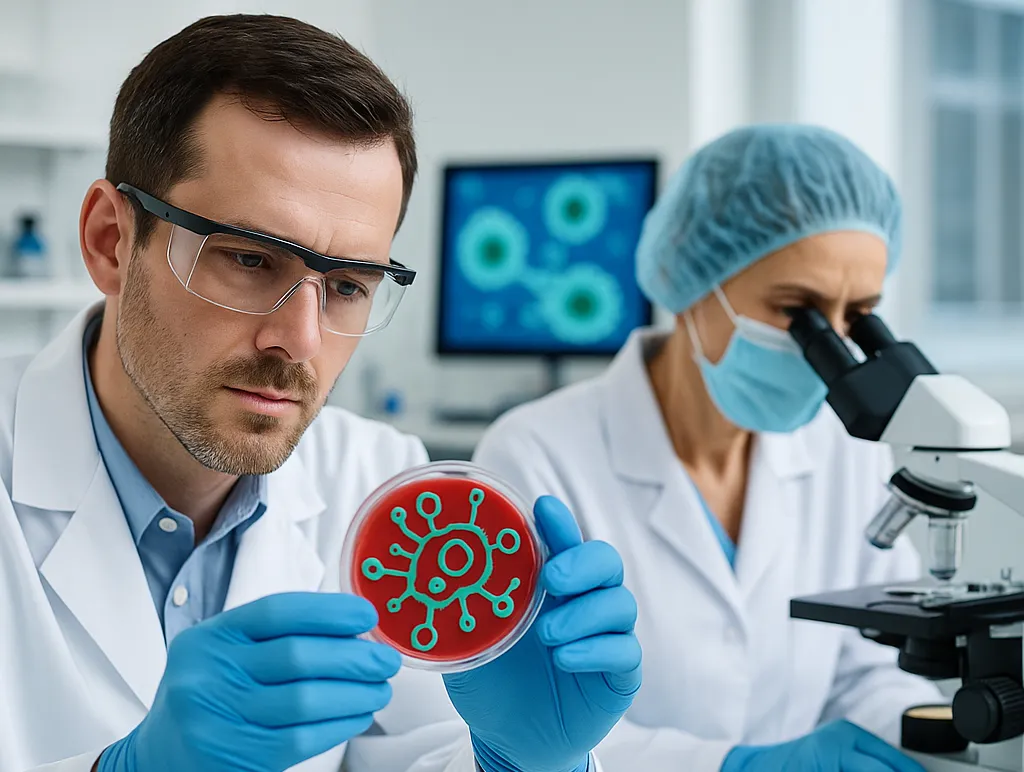
Multiple Sclerosis (MS)
Step into a new era of healing at Infinity Stem Cells, where cutting-edge science meets the body’s innate potential. Our advanced cell regeneration therapies, centered on mesenchymal stem cells (MSCs), harness the transformative power of cellular renewal to address a wide range of conditions, restoring vitality and igniting wellness from within.
|
|
|
|
|
|
|
What is Multiple Sclerosis (MS)
Multiple Sclerosis (MS) is a chronic autoimmune disease that affects the central nervous system, particularly the brain and spinal cord. In MS, the immune system mistakenly attacks the protective covering of nerve fibers, called myelin, leading to inflammation, scarring (sclerosis), and impaired nerve signaling.
MS can be unpredictable and presents differently in each person. Some experience mild symptoms, while others may face serious disability. The most common type is relapsing-remitting MS (RRMS), which includes flare-ups followed by periods of recovery.

What Are the Symptoms?
MS symptoms can vary greatly depending on which nerves are affected, but common signs include:

Numbness or tingling

Muscle weakness or spasms

Fatigue

Balance and coordination issues

Blurred or double vision

Difficulty speaking or swallowing
Current Treatments
for Multiple Sclerosis (MS)
While there is no cure for MS, treatments focus on managing symptoms, modifying the disease course, and improving quality of life:
Disease-Modifying Therapies (DMTs): These medications slow the progression of MS and reduce flare-ups. Common options include interferons, glatiramer acetate, and newer oral or infusion-based therapies.
Steroids: Used to reduce inflammation during acute relapses.
Symptom Management: Medications and therapies help with fatigue, pain, muscle stiffness, and depression.
Rehabilitation: Physical, occupational, and speech therapy assist with mobility, strength, and communication.
Lifestyle Strategies: Regular exercise, a healthy diet, stress management, and adequate sleep support overall wellness.
What Are the Outcomes?
MS is a lifelong condition with a variable outlook. Many people live long, fulfilling lives with manageable symptoms. The progression can be slowed with early diagnosis and effective treatment. Some individuals may experience significant disability, while others remain relatively independent for decades. Ongoing care, support, and adaptability are key to maintaining quality of life.
Stem Cell Therapy for Multiple Sclerosis (MS)
Stem cell therapy is a promising frontier in MS treatment, particularly for people with aggressive or treatment-resistant forms of the disease. This therapy involves using hematopoietic stem cells (HSCs) from the patient's own bone marrow or blood to rebuild the immune system after it has been reset through chemotherapy.
Potential Benefits:
May halt disease progression in some patients
Can reduce the number of relapses
May improve symptoms like fatigue and mobility
Offers hope for people who haven’t responded to other therapies
While still considered experimental, stem cell therapy is showing encouraging results in clinical trials and is available in specialized treatment centers under strict medical guidance.
Science, Simplified: Our Therapy Process
It’s important to note that stem cell therapy for autism is still experimental, and not approved as a standard treatment. Families should consult healthcare professionals and thoroughly research clinical trial options.
Site
Target
Depth
Forehead & Eyes
Cheeks & Jawline
Under-Eye Area
Full Face
Wrinkles, crow’s feet
Volume loss, elasticity, hydration
Dark circles, fine lines
Texture, glow (via microneedling)
1–2 mm (superficial dermis)
2–4 mm (deep dermis)
1–1.5 mm (cautious use)
0.5–1.5 mm

Why Consider
Stem Cell Therapy?
Non-surgical and outpatient
Focuses on long-term healing, not just symptom relief
Supported by early-stage clinical research
Ethically sourced, high-quality regenerative cells
Find Out If You're a Candidate >>
Talk to an Expert >>
Explore the Science Behind It >>
Frequently Asked Questions
Is this FDA-approved?
Stem cell therapies using ethically sourced regenerative cells are regulated under strict guidelines by the FDA. While certain applications have explicit FDA approval, others are administered under FDA guidelines as investigational therapies, complying fully with regulatory standards to ensure safety and quality.
What are the risks or side effects?
Stem cell therapy is generally safe with minimal risk. Common mild side effects can include temporary soreness, swelling, or minor bruising at the injection site. Rarely, more serious complications such as infections or allergic reactions can occur. Our medical team thoroughly evaluates each patient to minimize these risks.
How long until I feel results?
Patients often notice initial improvements within days to weeks, with more substantial benefits progressively occurring over the following months as the regenerative process continues. Individual experiences can vary depending on the condition's severity and personal health factors.
How many sessions are required?
Many patients experience significant improvements after a single session. However, depending on individual conditions and response to treatment, additional sessions may be recommended to maximize outcomes. Our specialists provide personalized recommendations during your consultation.
Is this covered by insurance?
Insurance coverage varies depending on the specific policy and condition being treated. While regenerative therapies are not universally covered, some plans offer partial or full coverage. Our administrative team will assist you in verifying insurance coverage and exploring financial options to support your treatment.
Connect with Us
Quick Links
Copyright© 2025 Scientific Infinity - All Rights Reserved.
